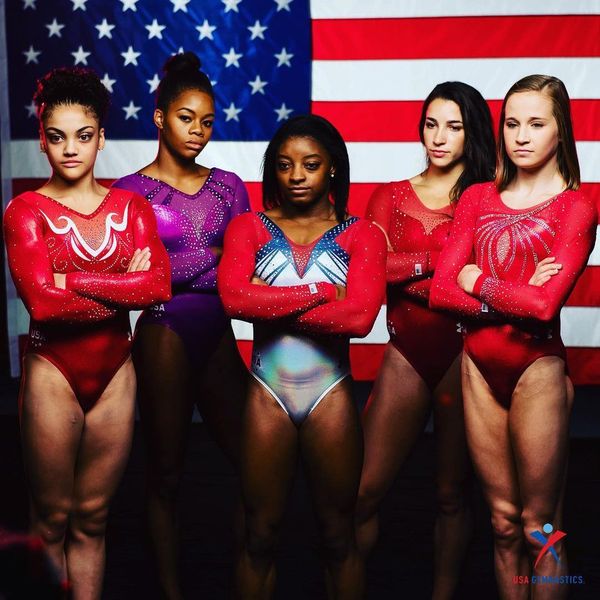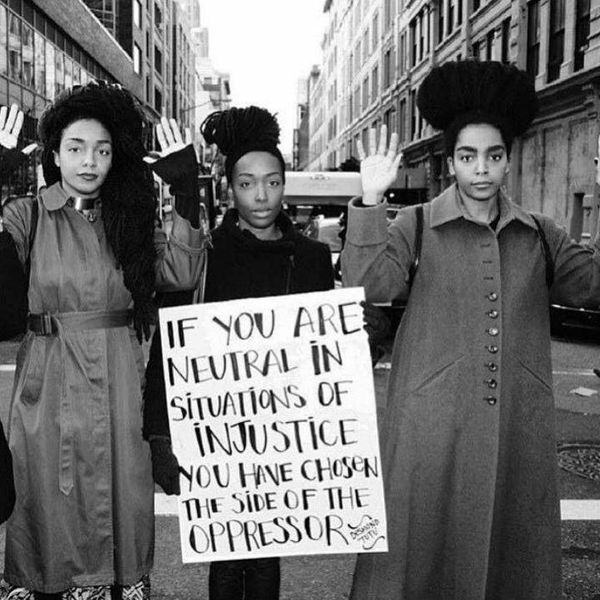The School of Global Journalism and Communication at Morgan State University held a discussion panel about differences women athletes face being African American. The event took place October 18, 2016 in the University Student Center.
At the event, the auditorium filled to capacity. On the panel discussion were Ibtihaj Muhammad, a 2016 Rio de Janeiro Olympic bronze medalist, that won in fencing. Muhammad was the first to win not only as an African American woman, but a Muslim wearing a hijab. Kara Lawson, another panelist, is an ESPN analyst for women’s college basketball and Lonnae O’Neal, a senior writer for The Undefeated, which is a premier platform that digs deep to focus on race, sports and culture. The moderator for the event was Jemele Hill, a columnist for ESPN.com’s Page 2.
The title of the event was called “The Impact of Negative Images on Black Women Athletes,” and among some of the first questions, Hill asked each of the women to give their own definition of how black female athletes are portrayed in sports. Lawson first answered by saying that being up against men, felt uneasy “It always felt like a fight compared to men.” Being that she played for a women’s basketball team, it always referred back to a racial standpoint, "It determined where a person was raised and where a person comes from, to see how well they play," said Lawson.
O’Neal added that the way black women are portrayed are viewed from editors, producers and how well someone writes, “It shapes, determines and frames how society looks at black females.” Also how conflict is among black women and how they are looked at in politics to see if black women should be allowed to work inside the home compared to other ethnicities.
Muhammad gave her views to relate to her sport in fencing, how she was judged just because of the way she looked, “Everything seemed to always be my fault, even if someone else was the reason why we lost.” Being that she plays fencing, it has always been known as a sport for those of wealth. Muhammad said that she has been told that she has great strength and it makes her feel as if a woman cannot have the ability of a man.
For these women they spoke of how race should not be a factor just because of skin color or appearance. Muhammad brought the idea up about how Gabrielle “Gabby” Douglas, a 2012 Olympian gymnast, was in the headline news stories because of how her hair looked. The texture of Douglass’ hair has been a trending topic for some time now. Many have spoken about why her hair is pulled in a ponytail with multiple Bobbie-pins because her look seems unacceptable.
As the discussion came to a close, the panel gave a few pointers to seasoned adults and millennials in the audience. Lawson said that everyone should learn from the use of others, “I learned how to deal with issues through the eyes of others, T.V. and personal experiences.” O’Neal gave her opinion to relate to working with those of different backgrounds, “Let them know your goals, what you want, your desire.” Hill gave her insight saying that we all must remember where we come from, “Be your own best mentor.”





















